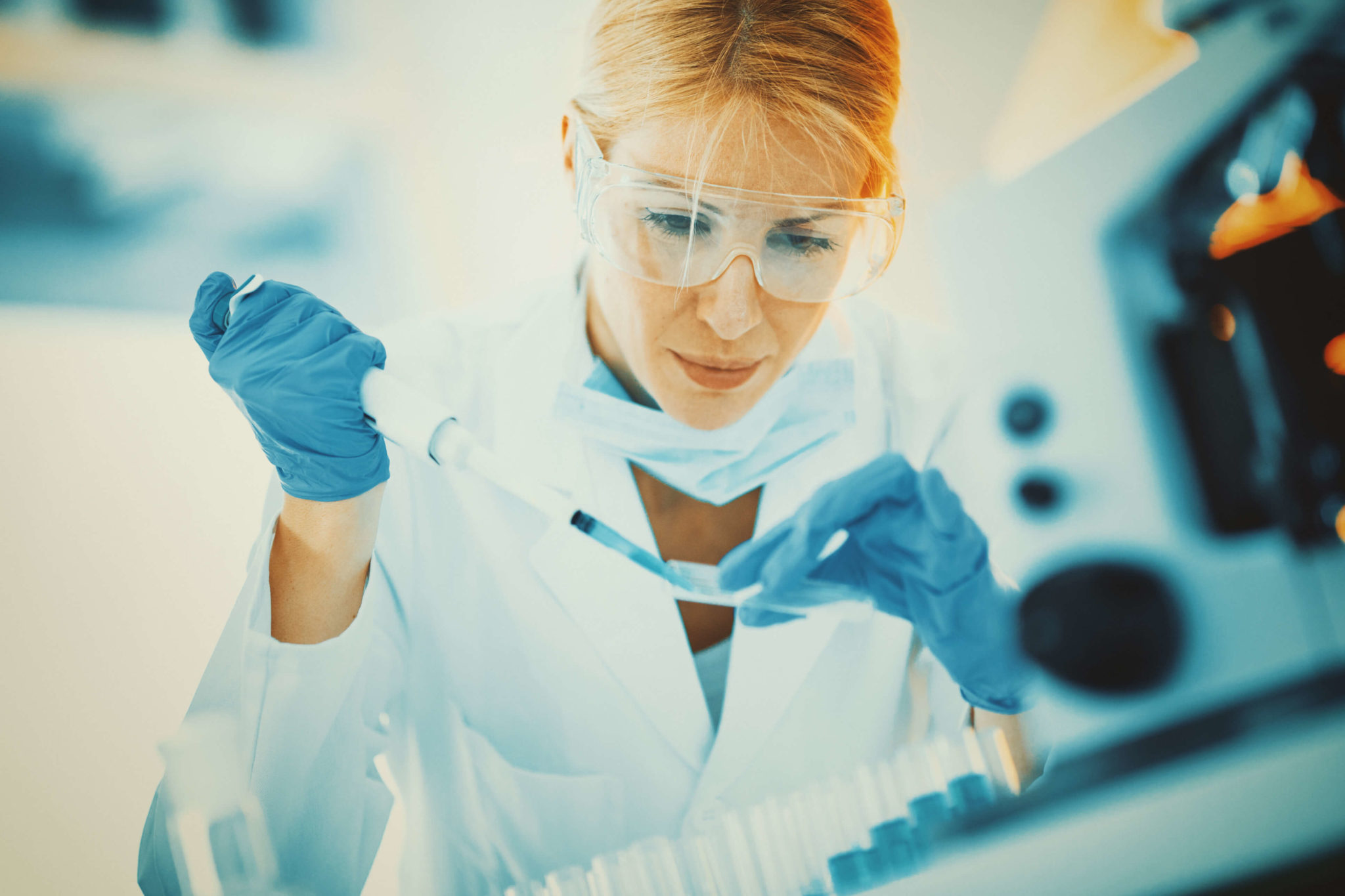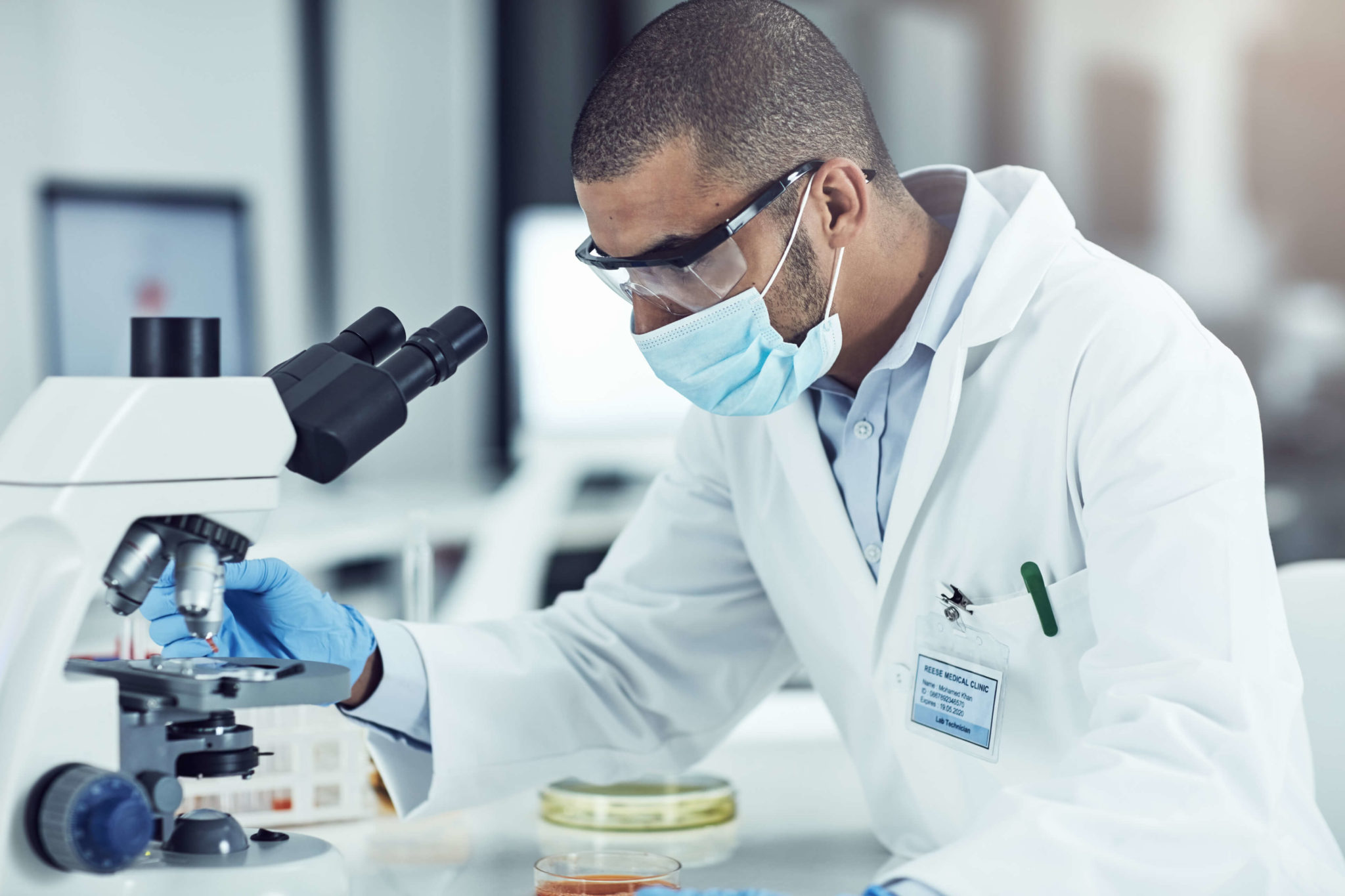Sarcoidosis is difficult to treat for many reasons. Mainly, there is not one clear way to treat sarcoidosis because it manifests in many forms and the cause is unknown. For this reason, there are also many ways to diagnose sarcoidosis, making it a diagnosis of exclusion in most cases. The prognosis is also difficult to determine due to the unpredictability of sarcoidosis and the lack of ways to check disease progression. Luckily, researchers are making progress in finding ways to more effectively diagnose and monitor sarcoidosis. Two physicians who specialize in sarcoidosis recently published an article on advancements in research regarding pulmonary sarcoidosis. These advancements include using biomarkers to diagnose and monitor the progression of sarcoidosis.
What is a Biomarker?
A biomarker can be defined as “any substance, structure, or process that can be measured in the body or its products and influence or predict the incidence of outcome or disease” (Strimbu and Tavel). It must be a measurable occurrence that marks the effect of a treatment or the presence or progression of an illness. Advancing knowledge on biomarkers related to sarcoidosis is crucial in obtaining more information on what causes the disease and how it can be cured.


Research
The physicians introduce ideas for how to study biomarkers in sarcoidosis patients. For example, they state that the quantity of various serums that can be found in the body serve as an indication for how sarcoidosis is progressing. They also claim that studying genes in isolation can lead to more information about sarcoidosis development, given that several studies have pointed to specific genes believed to cause or contribute to sarcoidosis. Additionally, they suggest that PET scan findings could help discover the efficacy of anti-sarcoidosis therapy and the results of corticosteroid withdrawal. These ideas as well as several others provide ways to study sarcoidosis in each patient, giving patients more information on their disease and therefore more treatment options.
The article also discusses the difficulties in predicting a prognosis for sarcoidosis patients. Many people who are diagnosed with sarcoidosis go into remission, while many others live with a chronic, progressive form of the disease. It is impossible to predict which direction a person’s sarcoidosis will go, so it is important to monitor the disease closely to make the right decisions about treatment. If a patient with pulmonary sarcoidosis does not receive proper treatment, he or she faces risk of developing fibrosis or pulmonary hypertension. Therefore, continued research on biomarkers could lead to more accurate prognosis predictions and ultimately more effective treatment for sarcoidosis patients.

Conclusion
Since sarcoidosis is a rare disease, there is a lot we don’t know about it. Funding for research initiatives for rare diseases can be difficult to come by, so the progression of knowledge about sarcoidosis is slower than more common diseases. That being said, scientists are working diligently to discover the root cause of sarcoidosis to create a more uniform approach to treating it. There is no widely accepted treatment plan because patients’ responses to the various treatment options are wide-ranging, so opinions on what treatments are best differ from physician to physician. However, most physicians will agree that discovering more biomarkers for the disease and utilizing them in research is a crucial step in discovering the cause of sarcoidosis. Publications like this one are important for the sarcoidosis community because they demonstrate how advancing research can bring us closer to finding a cure.
References
https://www.ncbi.nlm.nih.gov/pmc/articles/PMC3078627/
